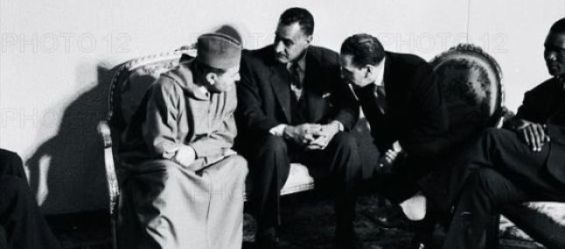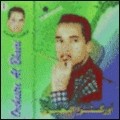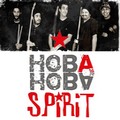Morocco's support for Algeria’s National Liberation Front (FLN) was unwavering and went beyond mere symbolic gestures. Before Algeria's independence on July 5, 1962, the Kingdom treated the FLN not just as a liberation movement—whose members trained with weapons on Moroccan soil—but as a de facto state. Kacem Zhiri, a Moroccan diplomat and ambassador to Algiers in 1964, detailed this support in his book Mémoires d'un diplomate sur les relations maroco-mauritaniennes (Memoirs of a Diplomat on Moroccan-Mauritanian Relations).
In the early 1960s, two main factions shaped African leadership: the radical Casablanca Group and the reformist Monrovia Group. The Casablanca Group was established in Morocco in January 1961, and King Mohammed V made it a point to invite the FLN, along with Egypt, Ghana, Guinea, Mali, and Libya—all of which were already independent states.
The FLN was represented by Ferhat Abbas, President of the Provisional Government of the Algerian Republic (GPRA), created on September 19, 1958. Abbas was even granted the opportunity to participate in exclusive talks about Africa's future with heads of state such as Mohammed V, Jamal Abdel Nasser of Egypt, Kwame Nkrumah of Ghana, Sekou Touré of Guinea, and Modibo Keita of Mali.
It was in Casablanca that border issues were discussed between Crown Prince Hassan II and Ferhat Abbas. In July 1961, Abbas signed the Casablanca Charter, which declared that «borders inherited from colonialism are artificial».
Continuity of support from Mohammed V to Hassan II
Despite changes in leadership—Ferhat Abbas being replaced by Benyoucef Benkhedda as head of the GPRA on August 18, 1961, and the death of Mohammed V on February 26, 1961—Morocco's support for the FLN remained steadfast.
Kacem Zhiri provides further evidence of this continuity. Hassan II strongly advocated for the FLN's inclusion in discussions between the Casablanca Group and the Monrovia Group, which was close to France and eventually led to the formation of the Organization of African Unity (OAU). The King even protested in a letter to Nigerian President Nnamdi Azikiwe against the exclusion of the GPRA from a meeting in Lagos in January 1962.
Moroccan diplomacy mobilized support from other Casablanca Group members at an extraordinary meeting of foreign ministers held in Accra, Ghana. At the time, French media reported that Morocco and Egypt had pressured Algeria to attend the Lagos meeting.
Despite this historical alliance, relations between Morocco and Algeria deteriorated after Algeria's independence, with Algiers later supporting the «Sahrawi Arab Democratic Republic's» entry into the OAU in 1982.





 chargement...
chargement...













